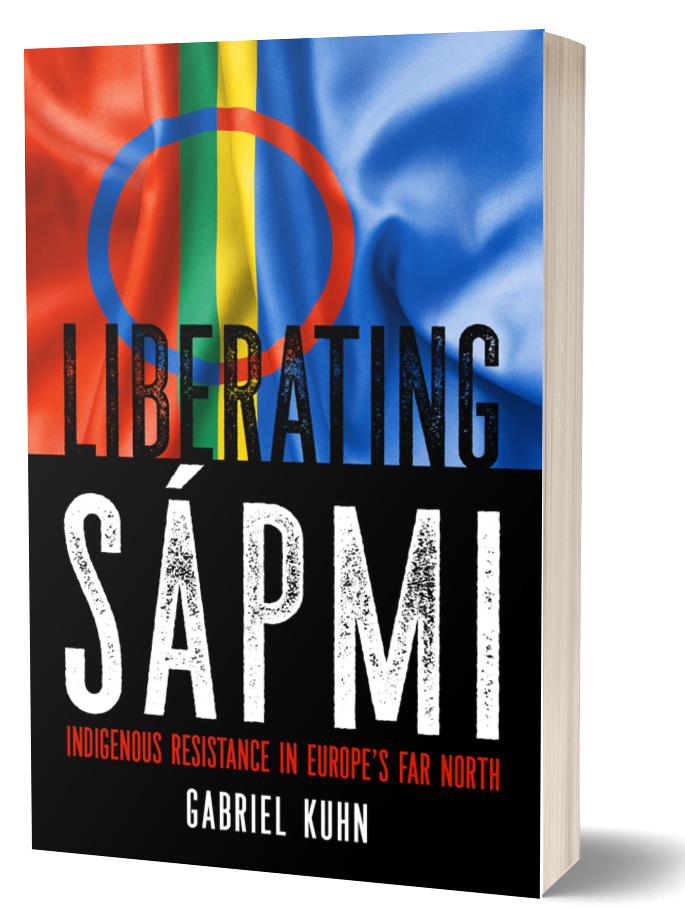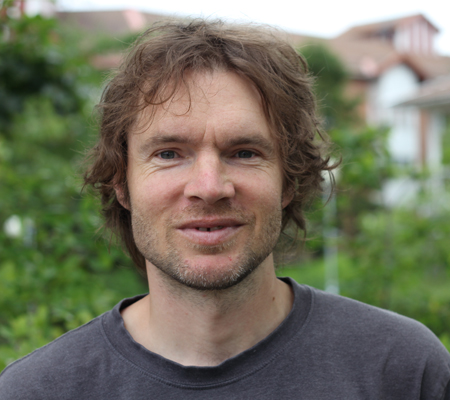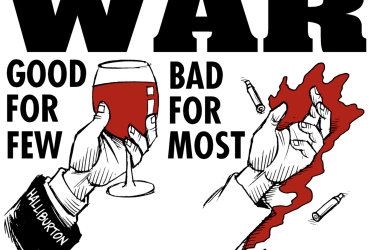By Gabriel Kuhn
Counterpunch
March 16th, 2022
An Interview with Evgeni Nikitin
Evgeni Nikitin lives in Varna, Bulgaria, where he is active in rank-and-file union organizing and the group Konflikt. He is one of the initiators of the network Migranti.
What is Migranti?
Migranti is an initiative started at the beginning of 2022 by couple of European rank-and-file unions and migrant organizations. The goal was to help connect migrant workers’ struggles and to spread solidarity and workers’ power across national borders. For now, it is basically a collectively run website, where we share news about migrant workers’ struggles, information about labor rights, and contacts to unions and political groups that support migrant workers’ struggles. The information is available in ten languages.
Why is such an initiative important?
The hyper-mobility of capital and labor is what defines the current stage of European capitalism. For example, in Bulgaria, the country I live in, close to 60 percent of the workforce is working abroad. Migrant labor is becoming the backbone of national economies in Europe – both for the receiving countries in the West, but also for the countries in the East (and South) that “produce” migrant workers. The money sent home from these workers exceeds the money flowing to their countries through foreign investments. This means that migrant labor is not only defined by precarious positions, bad working conditions, and low pay, but also by great economic power. The latter is increasingly acknowledged by the workers, as proven by the rising wave of migrant workers’ strikes and struggles across the continent.
Today, one of the immediate effects of the war in Europe – apart from the deepening economic crisis – is the massive displacement of people, forced out of Ukraine. Millions of workers will fill the ranks of the migrant labor force. While the bosses will try to use the situation to further deteriorate salaries and working conditions, the workers, both local and migrant workers, will organize and fight back, thereby pushing the limits of the political and economic status quo.
Our task as workers, organizers, and political activists is to actively participate in this process by strengthening solidarity and building connections between workers’ struggles across national borders. Migranti was created as a tool for this.
What are the biggest obstacles that migrant workers are facing on the European labor market?
The restrictive labor regime that pushes hundreds of thousands of workers into illegality makes them dependent on the bosses. The rampant nationalism is not only used to furnish popular support for anti-worker policies, but also imposes itself as a real threat to workers’ solidarity and class unity. Nationalist tendencies will only increase with the war in Ukraine and the cries for militarization in Europe. This is one of the biggest obstacles to workers’ self-organization against capital.
What is the role of labor unions?
Labor unions represent the traditional form of workers’ organization, and many of them actively support migrant workers. But the outcome really depends on the type of union. Mainstream unions with massive resources and many employees are able to provide translation services, help with individual grievances, information campaigns, and publicity – that is, if there’s a will for it. But even when if there is, these unions are limited to a service-oriented dynamic that is not helping migrant workers build power, rather integrating them into an anti-humane economic system that is based on their own exploitation. The unions capable of building workers’ power are local rank-and-file unions, self-organized migrant workers’ unions, and, in the best case, a fusion thereof.
Why is it important to stress self-organization?
Workers don’t necessarily need a union to fight. We see numerous wildcat strikes organized by migrant workers without the help of any union. Union bureaucracies can be an obstacle to workers organizing. In the worst case, they side with the bosses.
That’s why our struggles must be based on the power of the rank and file – be it as members of a rank-and-file union, of a radical caucus in a mainstream union, or without any union affiliation. The tools that we as workers use are not important (and a union is a tool). What’s important is our ability to organize collectively with our colleagues and to build сlass consciousness and class power trough struggle.
What would be the ideal outcome of an initiative like Migranti?
What we aim to be is a place for active collaboration among migrant workers, organizers, and political activists from different European countries. We hope that workers will use this platform to spread information about their struggles, build solidarity with other workers in struggle, and discuss tactics. Hopefully, this will go beyond online communication.
Interview: Gabriel Kuhn
Gabriel Kuhn is the author of Liberating Sápmi: Indigenous Resistance in Europe’s Far North.







